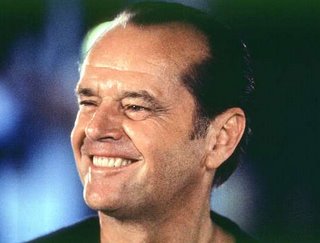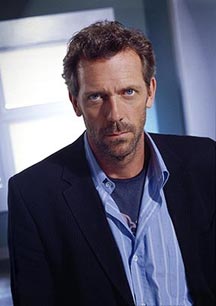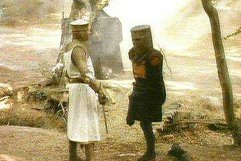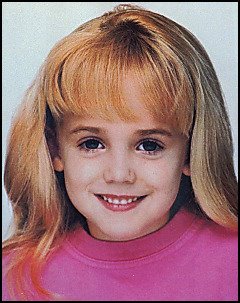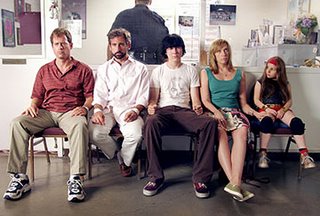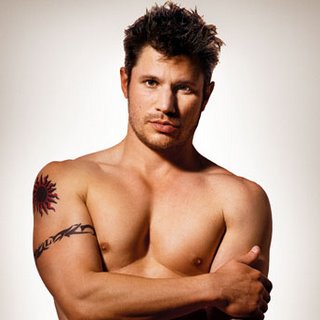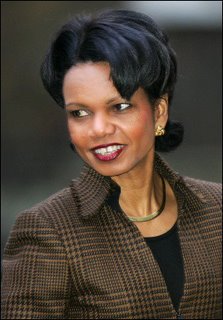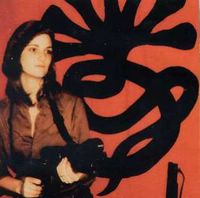I have a confession to make. There are two manifestations of physical abnormality that turn me into a squeamish little baby. I'm not proud of such weak-kneed reactions, but hey, it takes a big man to admit he's a pussy. Or at least that's what I tell myself. Often.
Anyway, the first issue I have is with hermaphrodites, a longtime fear that probably dates back to when I was 14 and rudely seduced by a pictorial I had come across in a heavily guarded issue of
Hustler, a pictorial that then pulled the rug out from under me on the following page
. Suffice it to say, I didn't appreciate
The Crying Game to the same degree as some movie critics.
But I digress. Let me address my hermaphrodite phobia some other time. For now, I have a whole other point to make (there's a very clumsy and childish double entendre in the aforementioned line, if you happen to care).
The other phobia has been an inability to deal with news accounts of conjoined twins. The topic would flip me out. I couldn't handle news stories of this or that latest pair of conjoined twins who happened to be from Guatemala or Peru or the Appalachians, or wherever. Hell, I even had problems handling
make-believe conjoined twins, like in the movies
Sisters or
Stuck on You.But something appears to have changed for me, a development I realized when I began to take interest in the plight of
the conjoined twins in Utah, Kendra and Maliyah Herrin. The 4-year-old girls were joined at the hip, sharing one pair of legs and a single functioning kidney. They were separated through multiple surgeries last week at a Salt Lake City hospital.
The post-surgery recovery appears to be going remarkably well, according to a report in Salt Lake City's
Deseret Morning News:
"They've given their parents high-fives, have laughed at their big sister's jokes and are 'doing great.' That's the update on Maliyah and Kendra Herrin, formerly conjoined twins who were separated during a 26-hour surgery a week ago."The 4-year-old twins, who share a room at Primary Children's Medical Center, have reached out in an attempt to touch each other, Erin Herrin said at a press conference Monday, but their beds can't be moved quite close enough. So the Herrins have had to be inventive, holding mirrors in front of the twins so they can see each other, Erin explained."Maliyah and Kendra are still 'pretty heavily drugged,' their father, Jake, said. But when they're awake they've blown bubbles, listened to stories  and wished out loud that they could eat a real breakfast. The girls have been upgraded from critical to serious condition.[...]"Potential problems include pneumonia and the twins' skin breaking down (their skin had to be stretched so it could be used to cover wounds from the surgery). And then, Erin said, 'we're going to be coming to the emotional things. But we'll get through those, too.'"I first ran across a photo of the Herrin girls in the local newspaper a few weekends ago; to my shock, I did not vomit and run screaming to my mommy. I took note of the girls' smiling faces and read on. As it turns out, they're -- get this -- real flesh-and-blood children.

The
Deseret Morning News profiled the pair prior to the separation:
"Kendra loves to play games on the computer, while Maliyah would rather play with her Barbies. But the Herrin twins have had to form a cooperative team not often found in 4-year-olds.
"When Kendra wants to dance, Maliyah pitches in to help her. When Maliyah wants to go outside, Kendra's usually happy to go along. They have to work together to get up and down the stairs or play video games or put on their shoes."To my dismay, I found myself interested -- and actually moved by the girls' plight.
A lot changed for me when the wife and I had a baby (who turned 8 months old last week, by the way). While we are fortunate that our Apple Rosebud is healthy (aside from a screwed-up father, that is), parenthood definitely spurred a paradigm shift about having a child with a physical defect.
If an ultrasound ever suggested that my wife were pregnant with conjoined twins, I'm no longer sure what I would want to do.
Years ago, I would have said without hesitation that I'd want the pregnancy to be aborted. Now, I'm not so sure.



